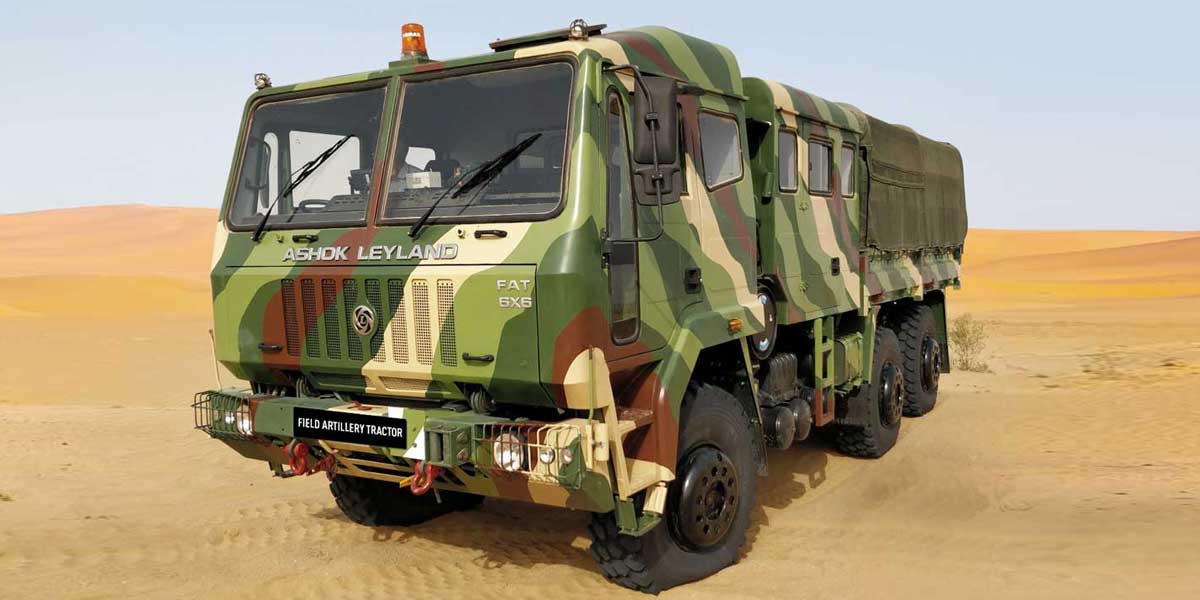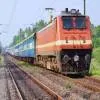

Kuche7 Launches Ruby Vanity for Sculpted, High-Performance Bathrooms
Kuche7, India’s leading maker of premium stainless-steel kitchens, has unveiled the Ruby Vanity, a bathroom system engineered for long-term performance with a warm, sculpted aesthetic. Built on a 304-grade stainless-steel framework, the vanity offers corrosion resistance, structural strength and high durability suited to humid environments.Precision metal-forming enables the seamless curved façade, finished in a matte beige PU coat and paired with a marble countertop for depth and texture. Stainless-steel internal carcasses ensure efficient, moisture-resistant storage for everyday use. The ..

Knauf India Doubles Capacity with New Metal Line at Khushkhera Plant
Knauf India, the world’s leading drywall and ceiling solutions company, has inaugurated a new Metal Line at its Khushkhera plant, doubling the facility’s overall production capacity. The expansion strengthens Knauf’s local manufacturing footprint and supports the growing domestic demand for advanced building materials.The launch was held during Knauf’s Dealer Engagement Day, which brought together dealers, partners and team members from across the country for a full-day programme combining technical demonstrations and engagement activities. The event began with a guided plant tour show..

Valueline Launches Tiberio by Ceramica Cielo in India
Valueline, a premium home solutions brand established in 2002, has announced the launch of Tiberio by Ceramica Cielo, an Italian bathroom collection that pairs traditional ceramic craftsmanship with contemporary design. The series is positioned to bring refined elegance and architectural depth to modern interiors.Designed by Andrea Parisio and Giuseppe Pezzano, Tiberio emphasises balanced proportions and a harmonious integration of ceramic and wood. The collection offers both modular and freestanding formats, enabling application across varied settings including high-end residences, boutique h..

















